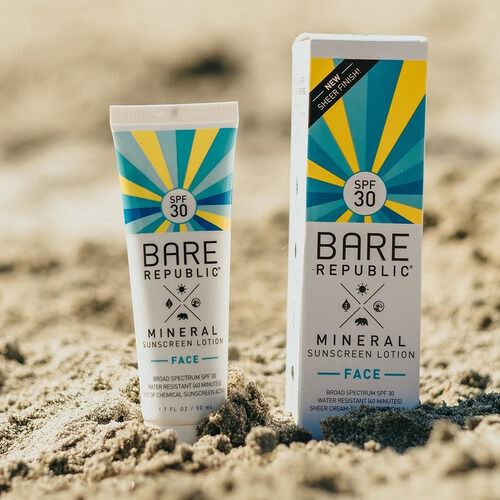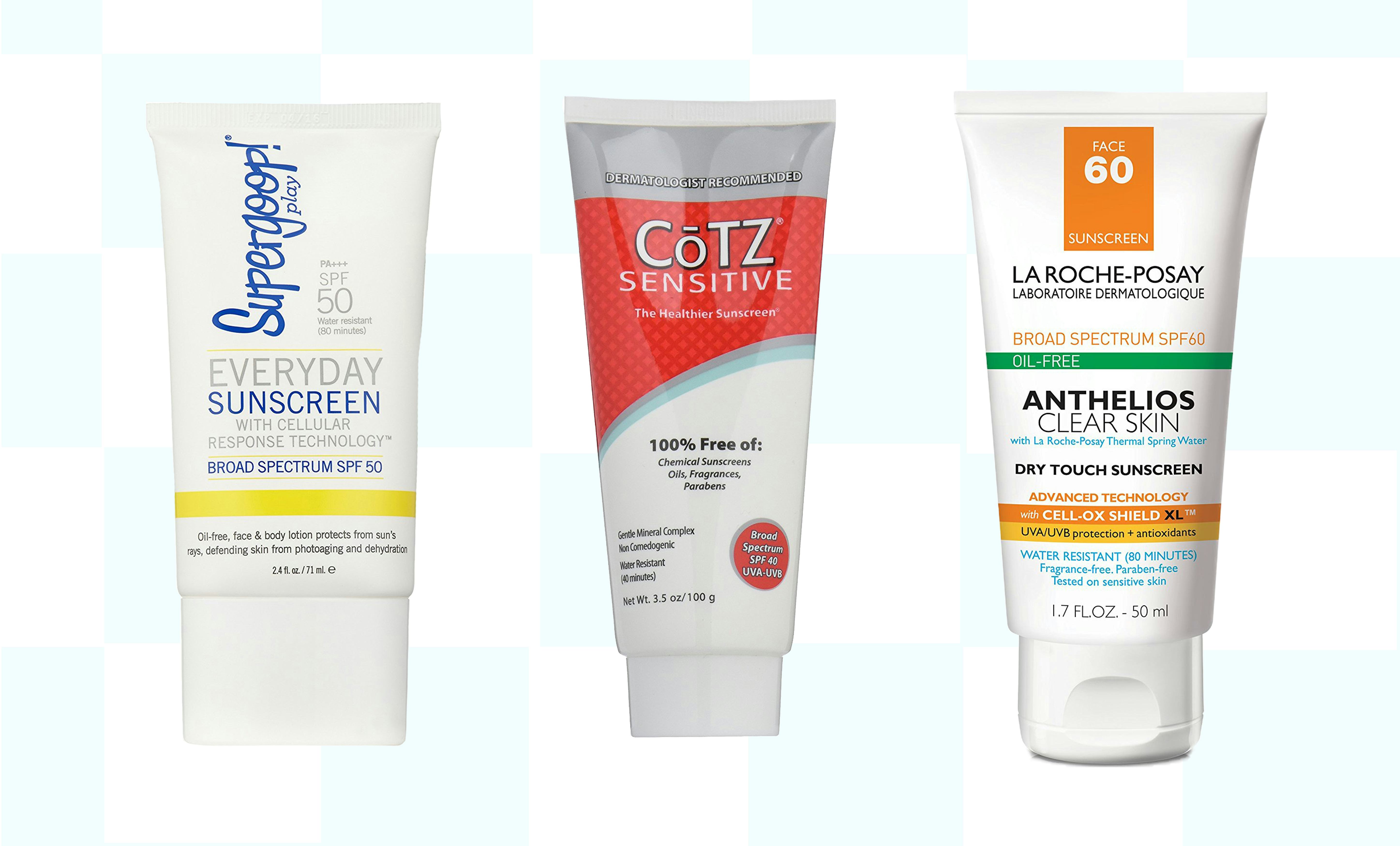

- Best face sunscreen skin#
- Best face sunscreen full#
- Best face sunscreen plus#
- Best face sunscreen free#
The oil-free formula glides onto skin before becoming quickly dry to the touch.
Best face sunscreen full#
And if you’re anything like me, you’re more likely to bring home a face full of tiny white heads from your holiday than a glowing tan. SPF and oily skin don’t tend to play nicely together.
Best face sunscreen free#
✅ Non-greasy application ✅ Vegan friendly ✅ Alcohol free ✅ Contains anti-oxidants for skin health

Best face sunscreen plus#
Plus it is made by an experienced dermatologist and is very hydrating." "It's also non comedogenic which means it's safe for acne prone skin too. And these work behind the scenes to banish the pesky free radicals which can speed up the ageing process.ĭermatologist verdict: "It's a physical sunscreen suitable for all skin types but especially dry skin," Dr Anton Alexandroff, a Doctify-reviewed (opens in new tab) dermatologist explains. As an added benefit, it's packed with antioxidants like bearberry, sea buckthorn, lingonberry and ferulic acid. We were concerned that a high factor, mineral sunscreen would result in spring break outs, but there were no spots to be found, even on typically oily areas across the T-zone. Luckily Dr Dennis is debunking all those myths for us, having created a mineral sunscreen that’s easily-absorbed and suitable for all skin tones. ❌ A little pricey considering cost to quantity ratio ❌ Not water resistantĪs we've already touched upon, mineral sunscreens have previously had a bad reputation for being thick, difficult to rub in and leaving a white cast. ✅ Works for all skin types ✅ Oil and fragrance free ✅Rubs in easily ✅ Has active anti-ageing ingredients How we tested the best sunscreen for your face:

They’re no longer gloopy and paint-like in texture with a tell-tale white cast, but lightweight, comfortable and a joy to wear. The best sunscreen formulas for your face have come on leaps and bounds in recent years. There are other forms of radiation, including infrared and high-energy visible light, and some sunscreens will also provide additional protection against these.” “Sunscreen protects against solar radiation, in particular UVA and UVB. “SPF is the one universal item that every dermatologist worth their salt will agree needs to be part of your daily skincare routine,” says Dr Anjali Mahto (opens in new tab), Consultant Dermatologist at 55 Harley Street. That means less liver spots and skin pigmentation, fewer fine lines and an all-round brighter complexion. It’s a phrase we hear time and time again, but prevention really is better than cure, and wearing the best sun cream (opens in new tab) will not only reduce the chances of developing sunburn (opens in new tab) and skin cancer symptoms, but keep premature ageing at bay.



 0 kommentar(er)
0 kommentar(er)
